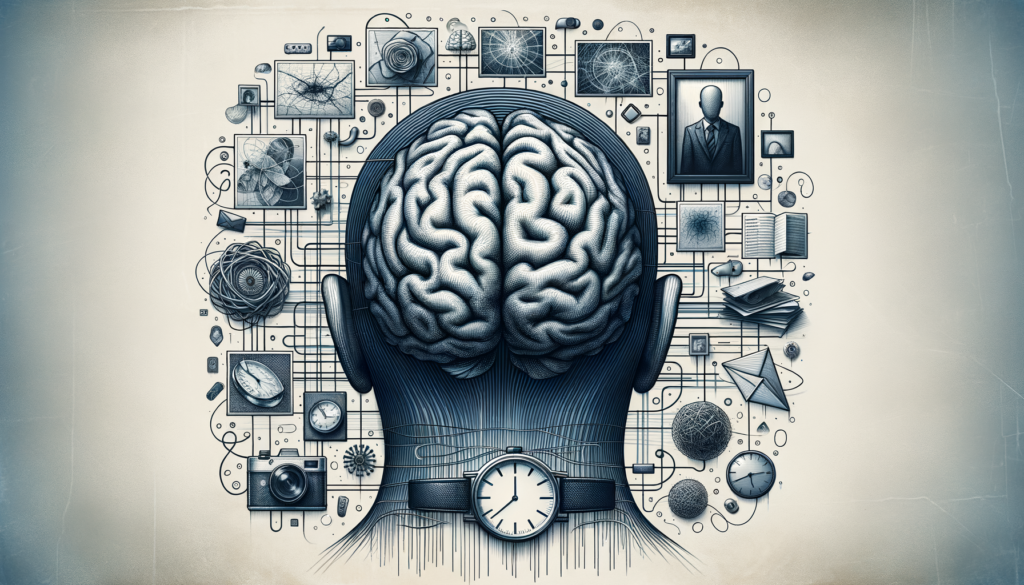The Gaming Blog

A complete guide to Alzheimer’s disease
Introduction to Alzheimer’s Disease
Alzheimer’s disease is a progressive neurological disorder that affects millions of people worldwide. It is the most common cause of dementia, a condition characterized by a decline in cognitive function severe enough to interfere with daily life. Understanding Alzheimer’s disease is crucial as it impacts not only the individuals diagnosed but also their families and caregivers. This article delves into various aspects of Alzheimer’s disease, offering insights into its symptoms, causes, diagnosis, and management strategies.
Understanding the Symptoms of Alzheimer’s Disease
The symptoms of Alzheimer’s disease typically develop slowly and worsen over time, affecting memory, thinking, and behavior. Early signs may include forgetting recent events or conversations, misplacing items, and having trouble with words. As the disease progresses, individuals may experience increased confusion, disorientation, and changes in personality and behavior. Eventually, people with Alzheimer’s may lose the ability to carry out daily tasks independently.
Recognizing these symptoms early can lead to a timely diagnosis, which is crucial for managing the disease effectively. It’s important to note that these symptoms can vary from person to person, and not everyone will experience the same progression or severity of symptoms. Careful monitoring and professional evaluation are essential in distinguishing Alzheimer’s from normal age-related changes or other medical conditions.
Exploring the Causes and Risk Factors
The exact cause of Alzheimer’s disease is not fully understood, but it is believed to result from a combination of genetic, environmental, and lifestyle factors. Age is the most significant risk factor, with the likelihood of developing Alzheimer’s increasing as people grow older. Family history and genetics also play a role, with certain genes linked to a higher risk of the disease.
Other risk factors include cardiovascular health issues such as hypertension, diabetes, and high cholesterol. Lifestyle choices, such as physical inactivity, poor diet, and smoking, can also contribute to the development of Alzheimer’s. By understanding these risk factors, individuals can take proactive steps to reduce their risk through lifestyle changes and regular medical check-ups.
Diagnosing Alzheimer’s Disease
Diagnosing Alzheimer’s disease involves a comprehensive evaluation by healthcare professionals. This typically includes a review of the individual’s medical history, cognitive tests, and physical and neurological examinations. Imaging tests, such as MRI or CT scans, may be used to rule out other potential causes of dementia-like symptoms.
Early diagnosis is essential for effective management and planning. It allows individuals and their families to access support services, participate in clinical trials, and make informed decisions about future care. Although there is no cure for Alzheimer’s, early intervention can help manage symptoms and improve quality of life.
Managing and Living with Alzheimer’s Disease
While there is no cure for Alzheimer’s disease, various strategies can help manage its symptoms and improve quality of life. Medications may be prescribed to address cognitive symptoms and manage behavioral changes. Non-pharmacological approaches, such as cognitive stimulation therapy, physical exercise, and social engagement, can also be beneficial.
Support for caregivers is equally important, as caring for someone with Alzheimer’s can be challenging and emotionally taxing. Resources such as support groups, respite care, and educational programs can provide valuable assistance and guidance. By fostering a supportive environment, individuals with Alzheimer’s and their families can navigate the complexities of the disease with greater resilience and hope.









